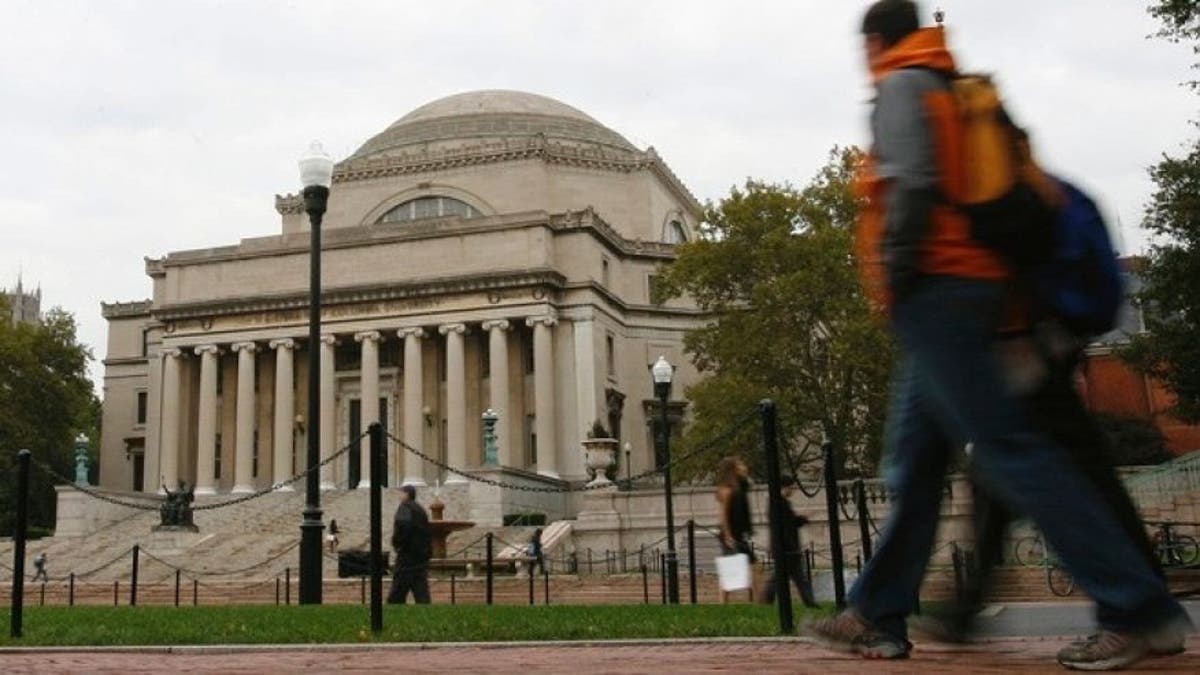
Low Memorial Library at New York's Columbia University, where Prof. William V. Harris ended a 50-year teaching career amid sexual harassment allegations.
A new report released Tuesday says Columbia University was founded partly with slave traders’ money, counted slaveholders among its early leaders and let at least one prominent student bring a slave with him at college.
Columbia is one of the latest elite U.S. universities to confront its historical ties to slavery in recent years. The research, led by a prominent historian, traces the 263-year-old Ivy League university's entanglement with the proceeds, promoters and opponents of slavery.
"From the outset, slavery was intertwined with the life of the college," and it remained so for more than half a century, says the study, first reported by The New York Times.
Columbia President Lee Bollinger encouraged the unraveling of his school’s ties to the bondage of millions of African-Americans, but it’s unclear whether any other steps will be taken next. A university spokesman referred an inquiry Tuesday to the report's author, Pulitzer Prize-winning Columbia historian Eric Foner, who said there weren't any concrete proposals.
“Every institution should know its history, the bad and the good,” he said, per The Times. “It’s hard to grasp just how profoundly our contemporary society is still affected by what has happened over the past two or three centuries.”
The study found at least half of Columbia’s first 10 presidents owned slaves at some point in their lives. The first, Samuel Johnson, likely had slaves in his university home. Other Columbia administrators reportedly owned slaves as late as 1816. New York started taking steps toward abolishing slavery in 1799 but didn't do so fully for another few decades.
The buying and selling of human beings even came up in class at what was then known as a merchants' college: a 1760s math problem asked students to calculate investors' profits in a slave-trading voyage.
And when George Washington's stepson John Custis briefly studied at the college in 1773, he took along a slave, the report said.
Still, some of the college's leaders, professors and alumni joined anti-slavery groups as early as the 1780s. Some were prominent abolitionists, including 1830s graduate John Jay II, who became a lawyer noted for defending fugitive slaves.
During the Civil War, Columbia became a center of pro-Union and pro-emancipation sentiment.
Columbia is not the only Ivy League school who has come face-to-face with a vexing past.
A Brown University study revealed in a 2003 study it had ties to the slave trade, while Harvard University posted a plaque honoring slaves who worked on campus in the 1700s.
Since then, other elite Northern schools, including Georgetown University and the University of Virginia, have tried to clear up any discrepancies in the past
The Associated Press contributed to this report.









































